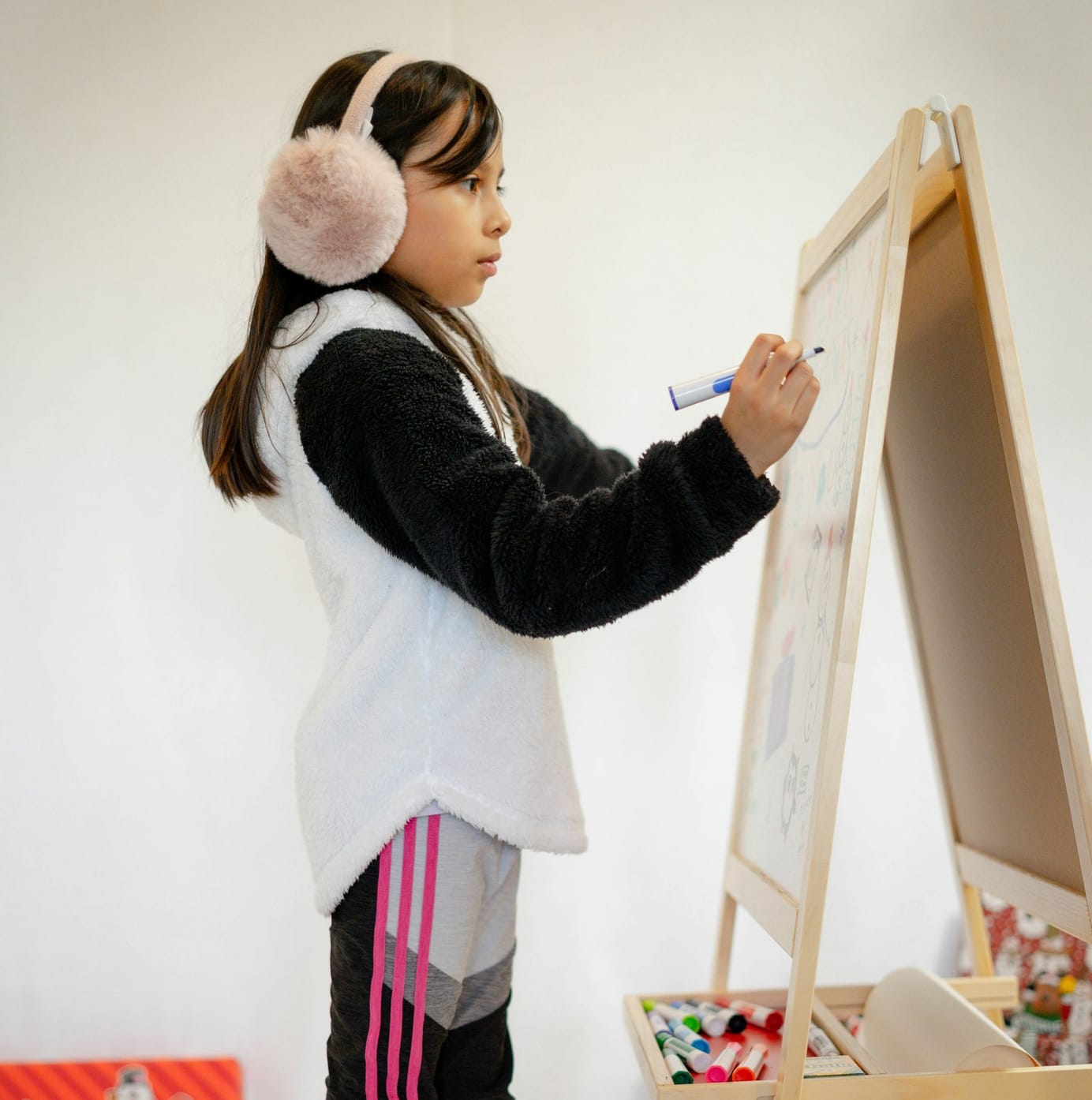
Fostering Natural Imagination in Children
Are our children losing the ability to imagine? Parents often express their concerns to me about the amount of time their children spend online talking with friends or playing computer games.
By Gwen Randall-Young
October 8, 2024
Key Points of this article:
- Children complain of boredom without electronics.
- Little time for unstructured play nowadays.
- Imagination fosters high-level, creative thinking.
- Imaginary play builds communication and cooperation.
- Innovators first "pretend" when developing visions.
- Parents may need to teach imaginative play.
When they are done with these, they are watching television. If access to the above forms of entertainment are withdrawn, children complain of being "bored."
Then, with all of the extra-curricular activities children are involved in these days, there is little time for unstructured play. This is unfortunate, for, as Albert Einstein said, "imagination is more important than knowledge". Thinking up imaginary games to play, scripting the parts, setting the stage, and then allowing a "story" to spontaneously emerge involves high-level thinking. It is creative in the truest sense, for the "play" is being created in every moment.
This post is for subscribers only
SubscribeAlready have an account? Log in


